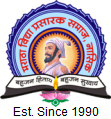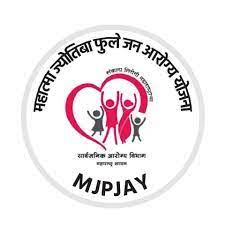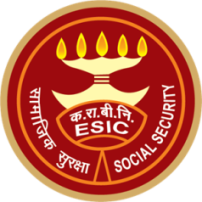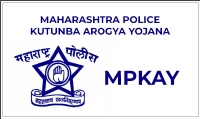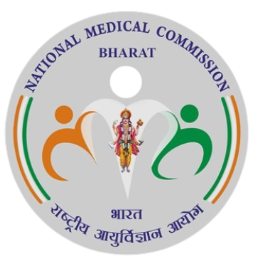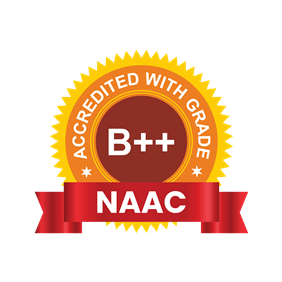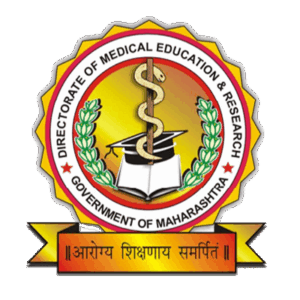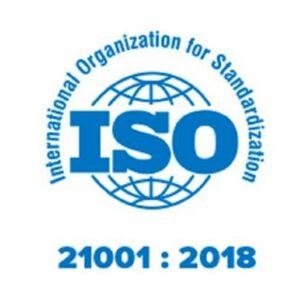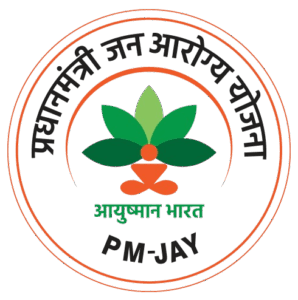Title:
Maternal Mortality: Preventive measures at Tertiary Care Institute.
Objective:
Maternal mortality is defined as death of women any time during pregnancy or within 42 days post-partum due to any cause related to or aggravated by pregnancy but not due to any incidental or accidental causes. Though India has registered a reduction in MM Ratio since 2013 by 26.9% and though our state of Maharashtra along with other Southern states like Kerala and Tamil Nadu have already met the Sustainable Development Goal Target of 70 maternal deaths per 1 lakh live births, still our National MMR is very high in comparison with the developed Western World.
One of the leading causes of maternal mortality is non-availability of affordable and in time Obstetric services. Government of India has made Obstetrics services free of cost with facilities for transport to and from the hospital along with the list of incentives to promote institutional deliveries through its various schemes like NRHM, JSY, RCH etc. Nevertheless, these facilities have failed to reach a considerable section of people. One of the main objectives of the institution was to reach the unreached by providing free obstetric care in our hospital.
Context:
Obstetric care does not only mean the facility of delivery, instead, it refers to complete antenatal, intranatal and post-natal care along with the care of the newborn. Our institute, being a charitable one, antenatal clinic with normal and operative delivery along with the medicine is free. Family welfare and transport programs are also given free of cost, including advice and procedures like IUCD insertion and sterilization operations. Hospital and consultation charges are waived off for all the women.
Practice / Method:
All pregnant women coming to our OPD at any time during their pregnancy are registered with our institute and are given a yellow ANC card for appropriate follow-up. Since 1st visit, most investigations are advised to antenatal women like CBC, LFT, RFT, PBS, BLOOD GROUP, RH TYPING, HIV, PAP smear, and various obstetric ultrasound scans like dating, anomaly and term scans. All these are done free of cost. All antenatal women are given T. FOLIC ACID, T. IRON, T. CALCIUM, and Inj. TT both antenatal and post-natally, free of cost. Regular follow up is advised and patients are screened for high-risk factors and those detected with high risk are either intervened or are followed up more closely.
Antenatal and intranatal checkups, NST, CTG, vaginal delivery and caesarean section and post-natal care are all free of cost till the second living issue. Newborns are also immunized as per universal immunization schedule.
Round the clock emergency obstetric services including operative deliveries are available by dividing staff of the department into units and working on rotation. Availability of neonatologist round the clock has also been of help in managing ill, distressed babies etc. NICU facility including indoor and outdoor, are available in our hospital. Moreover, all other specialities and sub specialties are available round the clock; therefore, any references for pregnant or post-partum women would be available on an emergency basis.
High-risk obstetric OPD is also available along with routine Obstetric OPD for management of pregnant women with high-risk factors. Our hospital also has facility for critical obstetric care in the high dependency unit (HDU) managed by a team of Obstetrician, Physician, Intensivist, Nephrologist, Respiratory Medicine specialist and interventional radiologist.
We believe that a multidisciplinary approach is the key to managing high-risk patients. Regularly high-risk obstetric case studies are conducted involving inter and intradepartmental, such as medicine, surgery, paediatrics, nephrology, respiratory medicine. Discussions would be about the need for improvement of infrastructure, the timely need of necessary interventions and coordination between different staff with and between departments. Due importance is given for documentation of the procedures and treatment plan. Accordingly, the decision is taken in the presence of all staff and members of different departments and protocols are formulated for the management of different clinical situations.
Free antenatal, medical and surgical camps in peripheries are conducted regularly and postgraduates residents attend them under the guidance of staff. Govt schemes like NRHM, RCH, and JSY are implemented in our institution. CHO’s are regularly trained by our staff and residents about obstetric care, neonatal care and a few common procedures.
Evidence of Success:
The success of this non-profitable charitable institution not measured with respect to the money earned, instead, it is measured with the number of pregnant women registered in our hospital and admitted for obstetric care. Timely recognition of high-risk factors and interventions has reduced maternal and perinatal mortality in our city significantly and our institute has contributed to it considerably. Today our Institute is one of the leading tertiary care teaching hospitals in North Maharashtra and Department of Obstetrics and its services have contributed significantly to the same.
Problems Encountered
Late referral of high-risk patient to the hospital increases the chances of maternal morbidity and mortality. Antenatal patients should be counselled for hospital deliveries.

